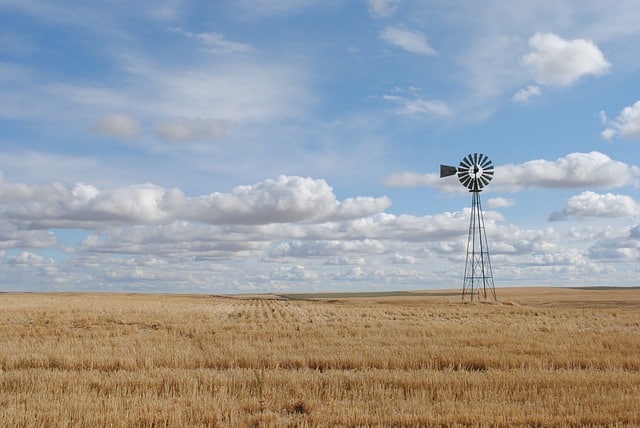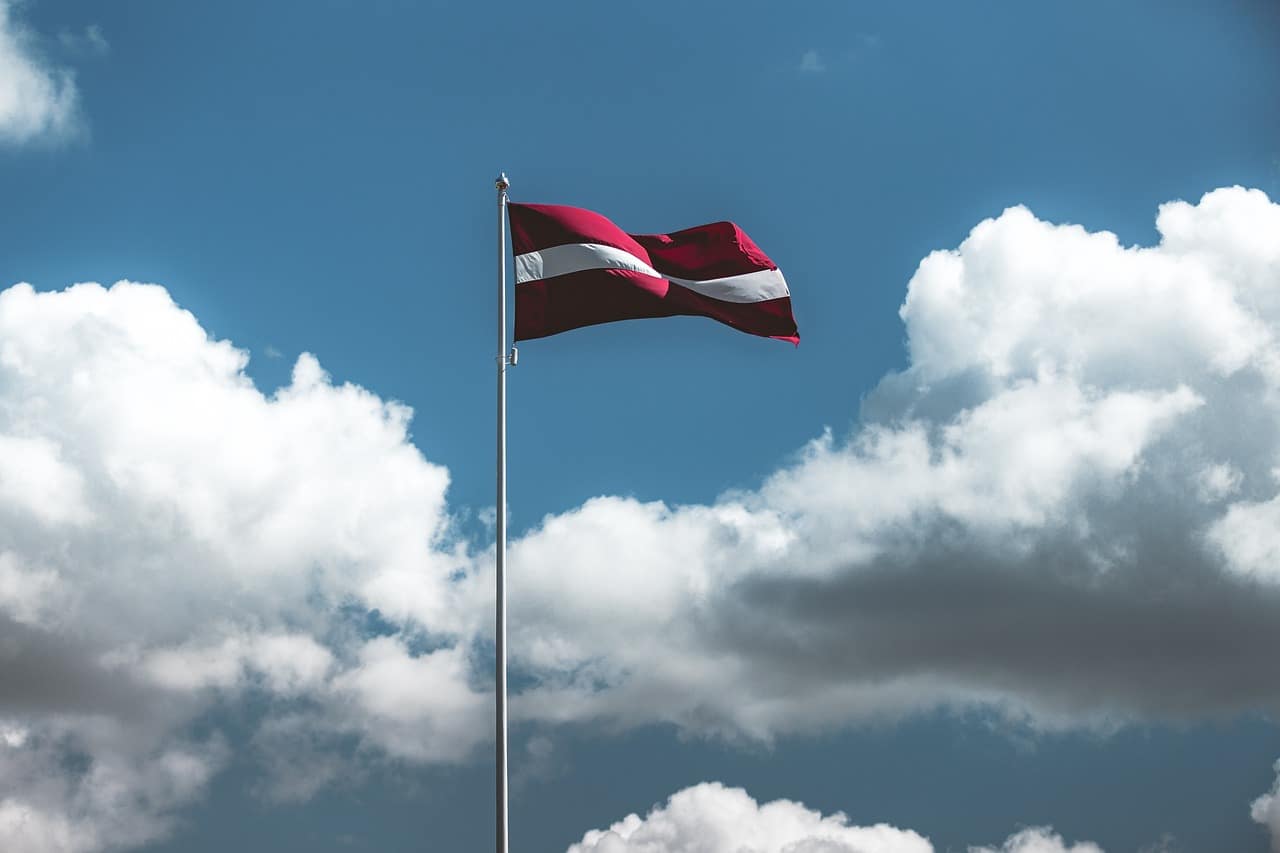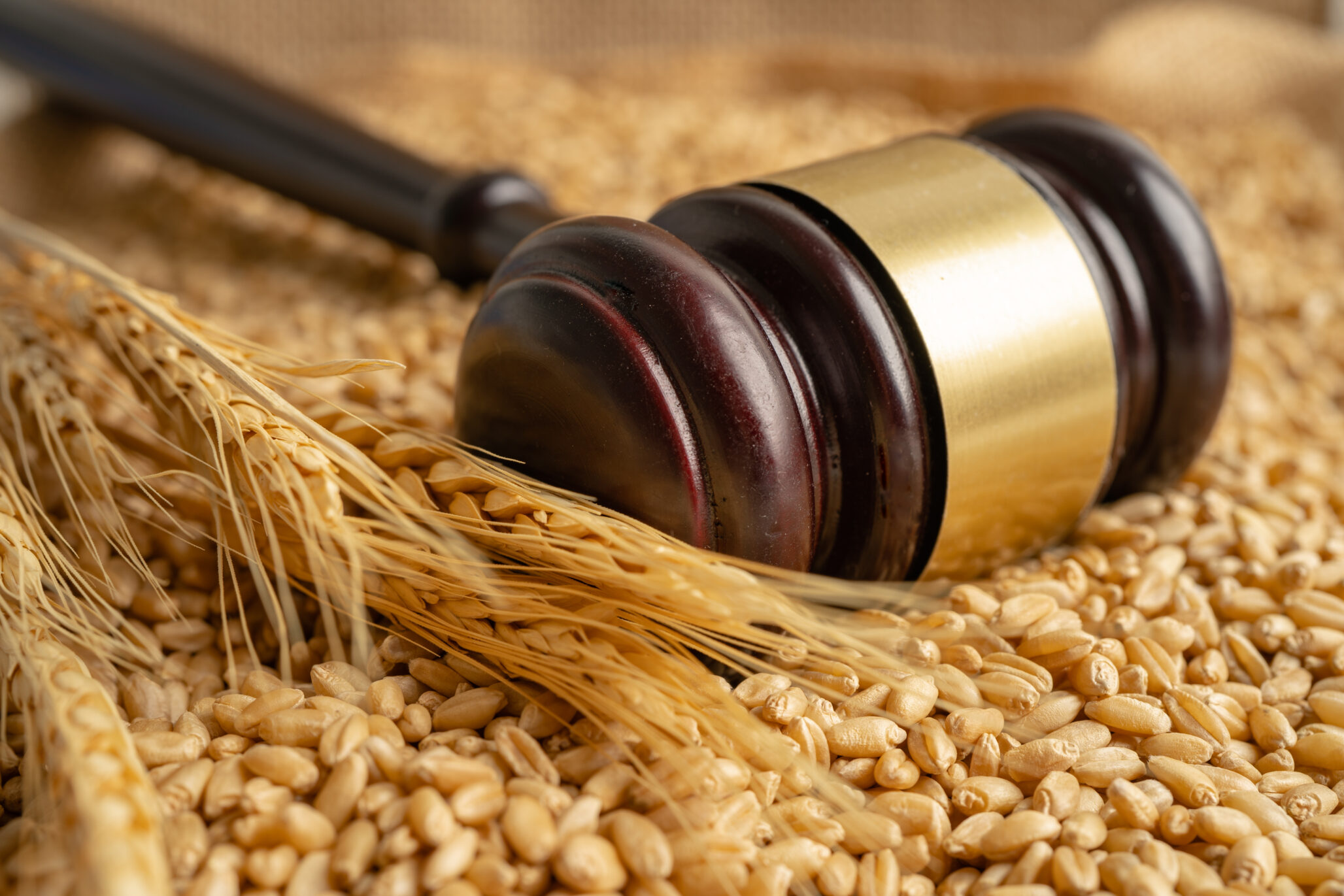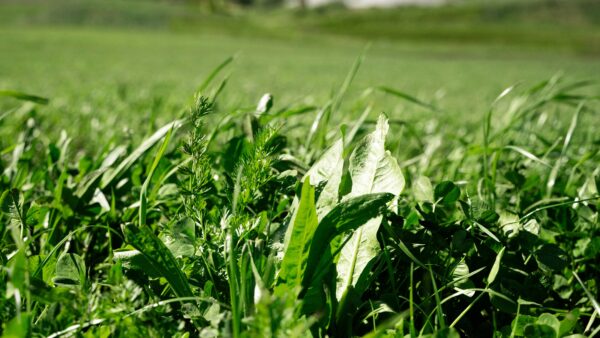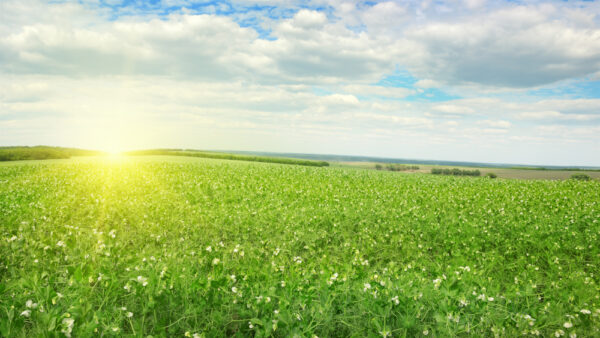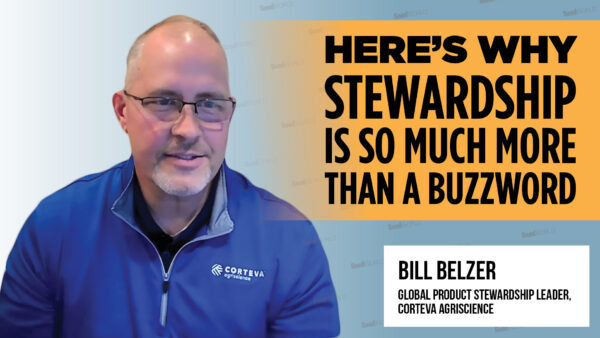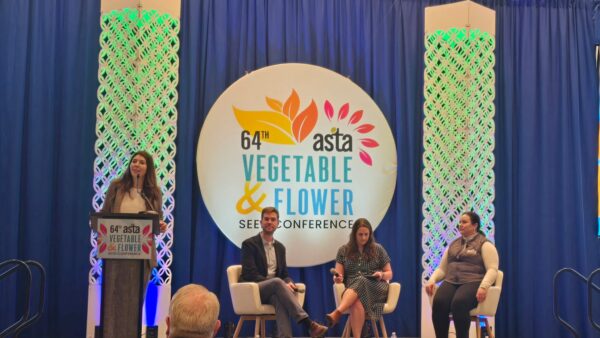On Jan. 27, during the European Union’s Agriculture and Fisheries Council meeting in Brussels, ministers from Member States discussed how to strengthen farmers’ influence in the food supply chain and reduce bureaucracy in the Common Agricultural Policy (CAP) to ease the administrative burden on farmers and EU member states.
In light of last year’s farmer protests, the European Commission (EC) reviewed proposals from member states, including Latvia’s, and issued recommendations to enhance farmers’ influence in the supply chain and promote cross-border cooperation to combat unfair trading practices, according to a press release. Latvia expressed support for the EC’s proposals but stressed that, rather than introducing new requirements, existing ones should be simplified to offer real benefits to producers.
Regarding CAP simplification, Latvia emphasized the need for significant changes to EU regulations during the current planning period. This need for reform was backed by all member states in September 2024, when Latvia initiated the Council-level discussion. Latvia has consistently argued that CAP implementation should focus more on outcomes, simplify reporting, and minimize the burden of technical data collection on farmers. More flexibility in applying current requirements is also critical to stabilize farmers’ finances and avoid hindering agricultural production, which is the sector’s core objective.
During the discussion on EU external trade, Latvia reiterated its call for the European Commission to take swift action and raise customs tariffs on products from Russia and Belarus, including fish, grains, vegetables, fruits, sugar, cocoa, beer, and others.
In talks on EU free trade agreements, Latvia acknowledged the opportunities these agreements create for EU producers in third-country markets. However, it also reminded the Council of the importance of ensuring fair competition, including aligning welfare and production standards as well as environmental requirements for third-country products entering the EU.


